
News – 2018
October 4, 2018
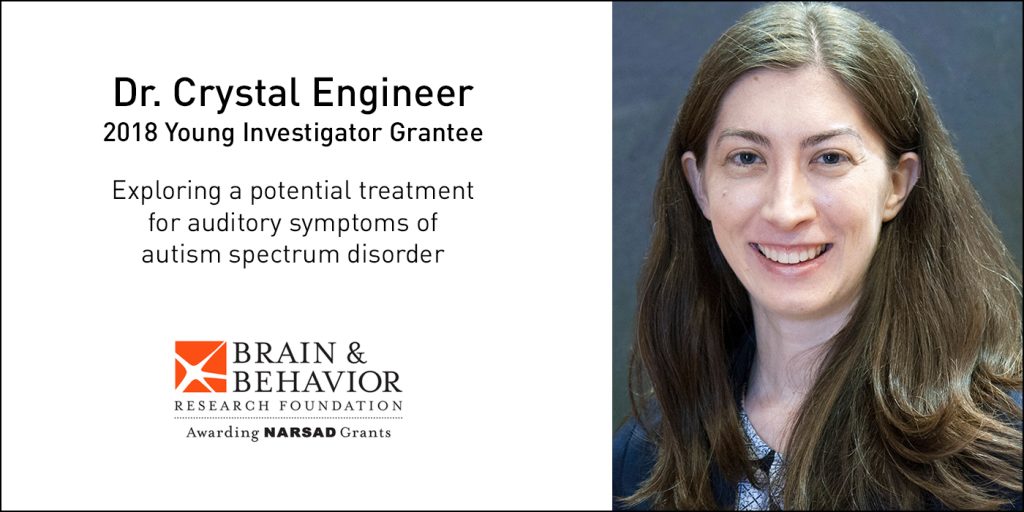
Brain & Behavior Research Foundation Awards Over $13 Million in Young Investigator Grants to 200 Scientists Pursuing Innovative Mental Health Research
Dr. Crystal T. Engineer, The University of Texas at Dallas, will explore a potential treatment for auditory symptoms of autism spectrum disorder. People with autism often struggle to process speech, and experience hearing deficits even after training to strengthen their auditory skills. Using an established rat model of autism, Dr. Engineer will test whether such training has stronger effects when paired with stimulation of the vagus nerve, which contributes to sensory processing. She hopes to point toward better treatment for auditory deficits among people with autism, and to identify brain networks involved in the improvement of sound processing.
September 27, 2018
Stroke
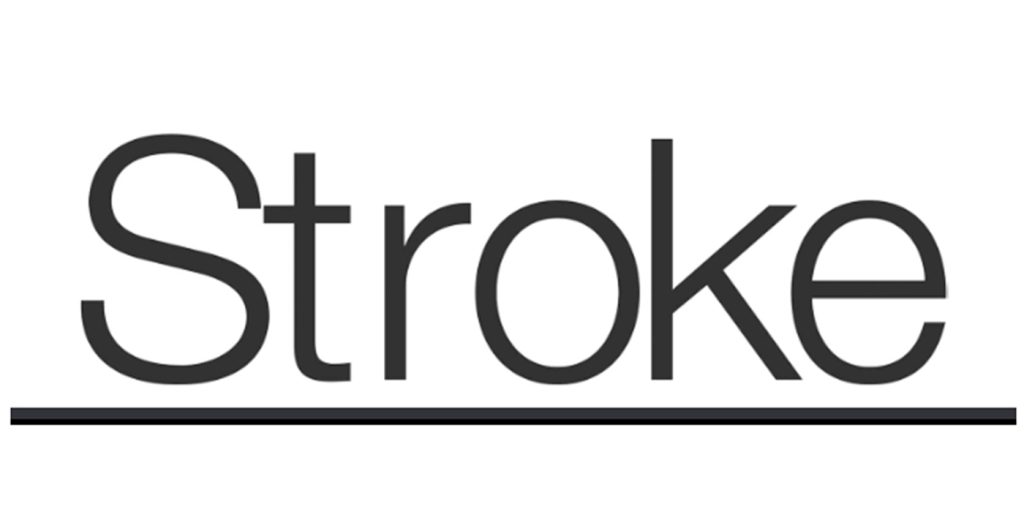
Vagus Nerve Stimulation Paired With Upper Limb Rehabilitation After Chronic Stroke
We performed a randomized, multisite, double-blinded, sham-controlled pilot study. All participants were implanted with a VNS device and received 6-week in-clinic rehabilitation followed by a home exercise program. Randomization was to active VNS (n=8) or control VNS (n=9) paired with rehabilitation. Outcomes were assessed at days 1, 30, and 90 post-completion of in-clinic therapy.
September 27, 2018
UT Dallas News Center
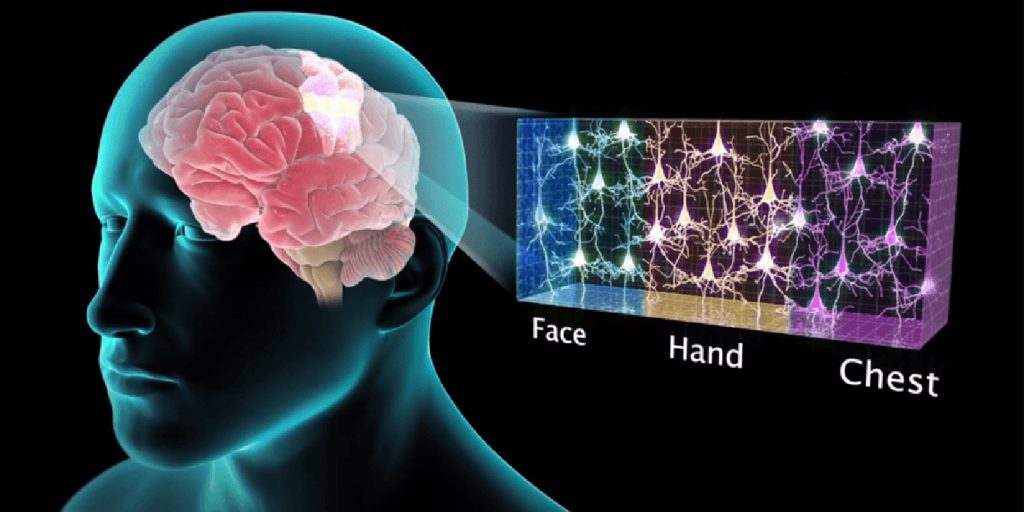
UT Dallas’ Enhanced Rehab for Stroke Doubles Movement Recovery
A novel therapy technique invented by researchers at The University of Texas at Dallas has been shown in a pilot study to double the rate of upper limb recovery in stroke patients, a leap forward in treating the nearly 800,000 Americans who suffer strokes each year.
May 31, 2018
UT Dallas Magazine
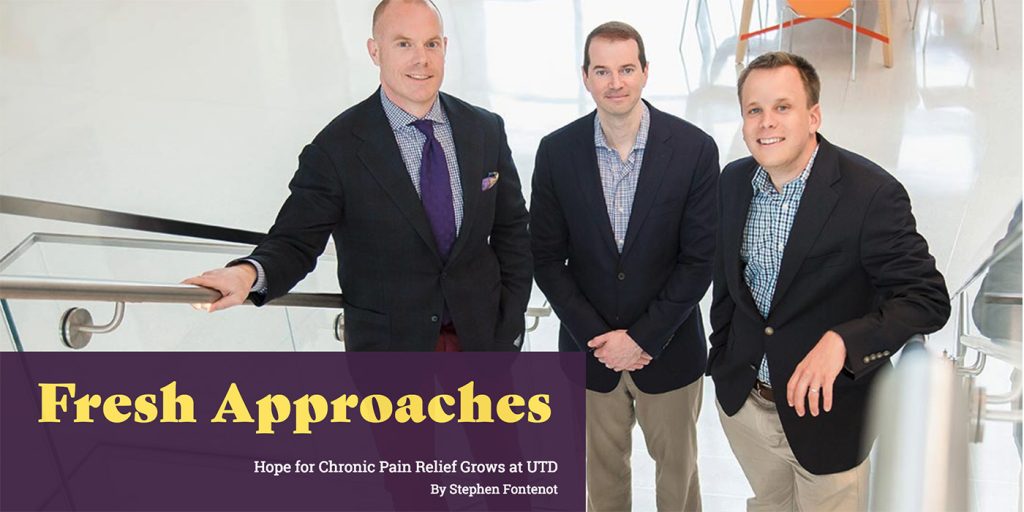
Fresh Approaches
In an era of increased opioid-related addiction and deaths, the way we treat all pain patients is under the microscope. From 2013 to 2016, the National Institutes of Health (NIH) spent more than $1.9 billion to fund pain research. At stake, the well-being of more than 25 million U.S. adults who in 2012 reported suffering from daily chronic pain — a subset of which is affected by the ongoing opioid crisis.
May 16, 2018
Psychology Today
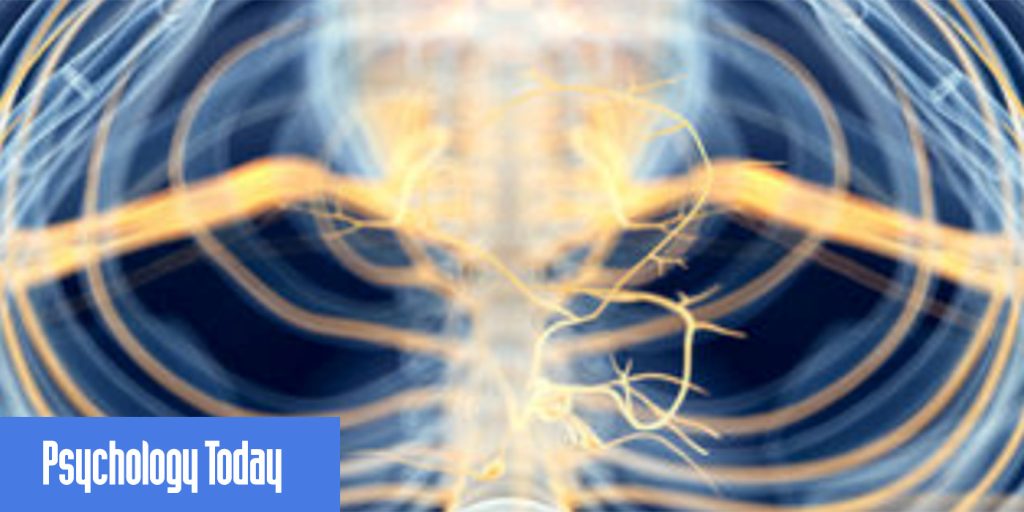
Vagus Nerve Stimulation Enhances Brain Plasticity
Vagus nerve stimulation (VNS) enhances targeted neuroplasticity, helping the brain build stronger neural connections after a stroke, according to pioneering research from The University of Texas at Dallas. Using an animal model, the researchers have demonstrated for the first time that pairing VNS with a physical therapy task accelerates the recovery of motor skills.
May 9, 2018
UT Dallas Research Blog
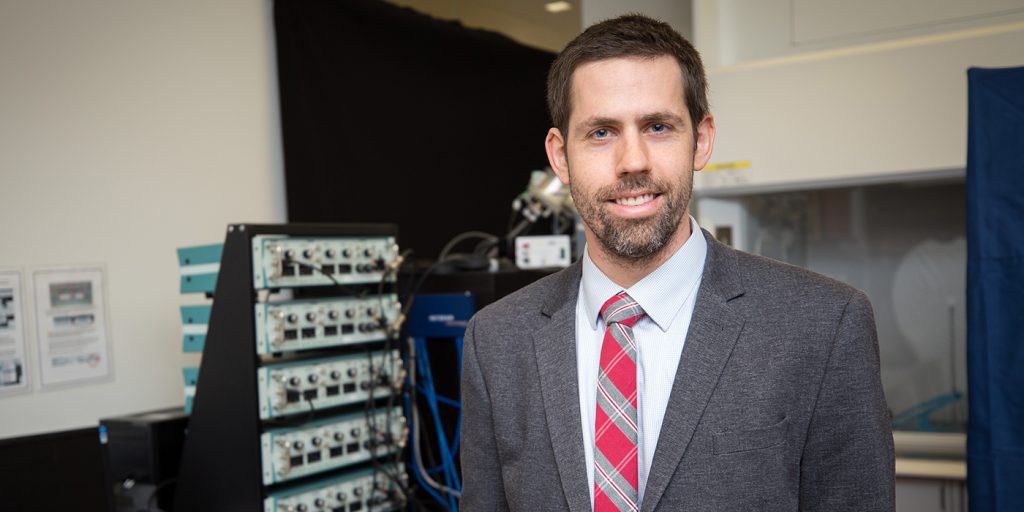
Dr. Seth Hays: Neuroplasticity and the Wandering Nerve
Dr. Seth Hays manages the Targeted Neuroplasticity Lab at the Texas Biomedical Device Center where his research focuses on treating neurological disease by improving neuroplasticity. His most recent work focuses on rehabilitative training coupled with vagus nerve stimulation (VNS), particularly in short bursts, to improve motor function after stroke.
March 25, 2018
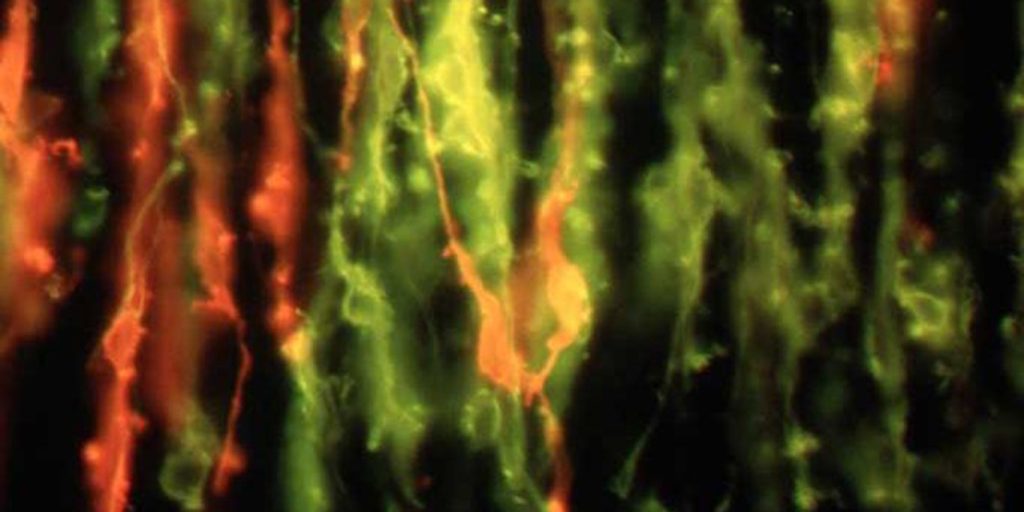
Vagus Nerve Stimulation Enhances Post-stroke Rehabilitative Training
Vagus nerve stimulation, paired with a physical therapy task, doubles long-term recovery rate relative to current therapy methods, new rodent research indicates. The study, from researchers at The University of Texas at Dallas, demonstrates a method to accelerate motor skill recovery after a stroke by helping the brain reorganize itself more quickly.
March 22, 2018
UT Dallas News Center
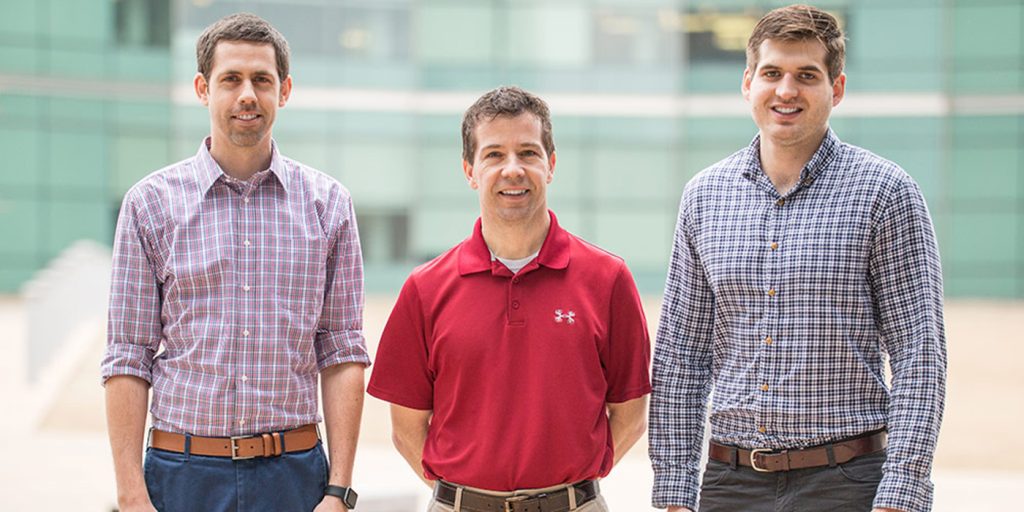
Vagus Nerve Stimulation Boosts Post-Stroke Motor Skill Recovery
Dr. Seth Hays, Dr. Michael Kilgard and Eric Meyers PhD’17 collaborated on a study of vagus nerve stimulation’s effects on stroke recovery. The results may be an important step toward creating guidelines for standardized usage of the technique for post-stroke therapy.
March 16, 2018
eLIFE
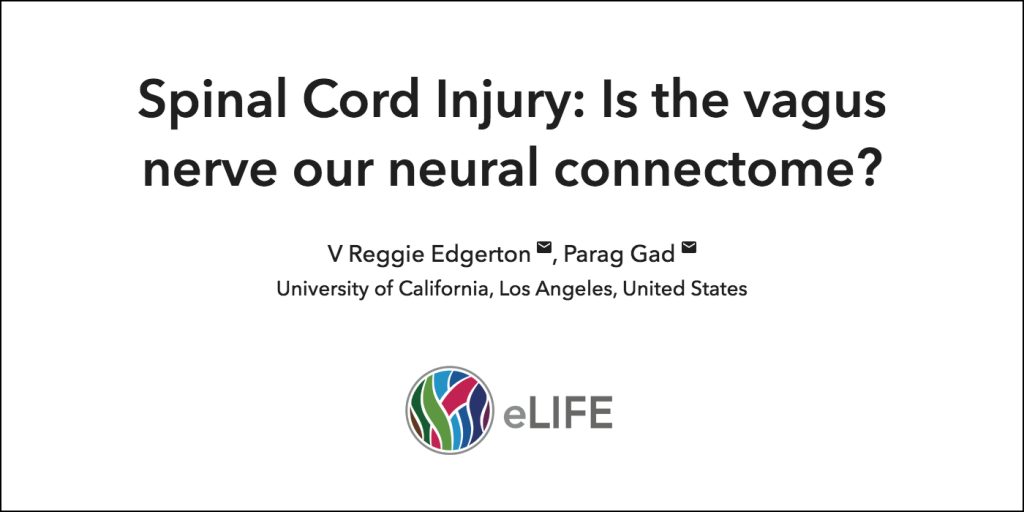
Spinal Cord Injury: Is the vagus nerve our neural connectome?
The vagus nerve reports on the state of many of the organs in our body, including the heart, the lungs and the gut, and it relays this information to various neural control networks that unconsciously regulate internal organs. It has also been shown that artificial electric stimulation of the vagus nerve helps with recovery in animal models of stroke, tinnitus and spinal cord injury (De Ridder et al., 2014; Hays, 2016).
February 2, 2018
The Dallas Morning News
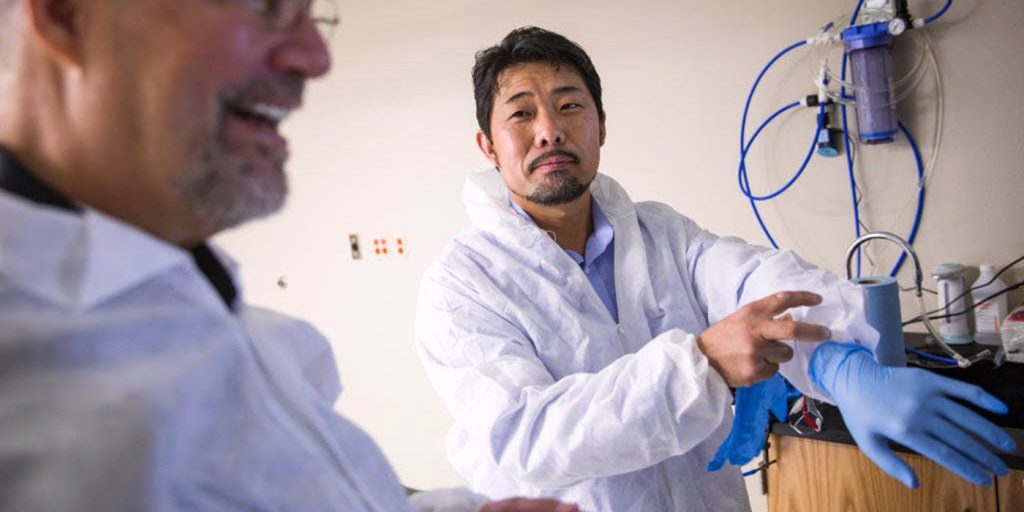
Research Universities Drive Job and Wage growth in Dallas
The University of Texas at Dallas anchors the tech industry in the North Dallas-Plano corridor. The university is known, in particular, for an outstanding engineering program developed with the help of funding from nearby telecommunications and defense firms.
February 2, 2018
NBC News
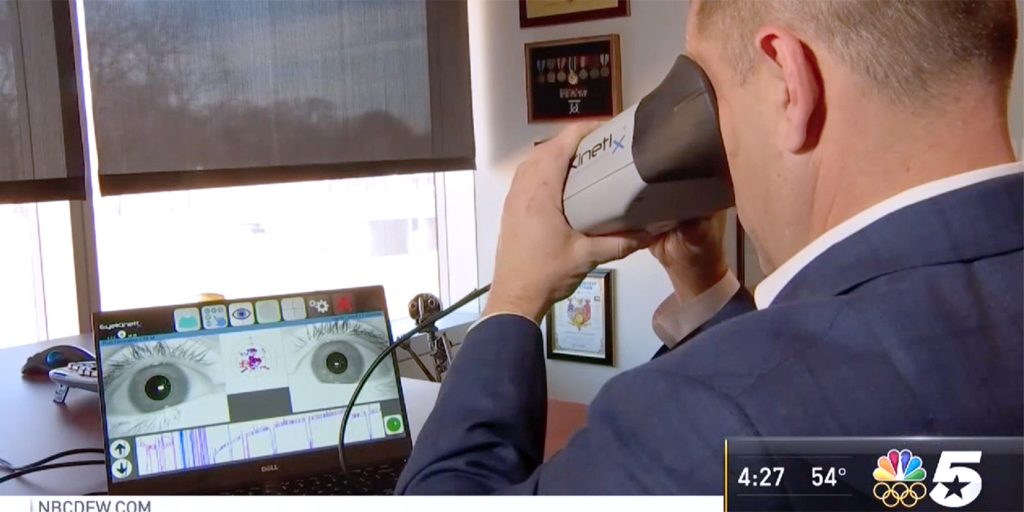
Special Goggles Help Diagnose Possible Brain Injuries
A new device may be able to help doctors diagnose concussions on the sidelines of athletic fields. The Texas Biomedical Device Center has developed handheld portable device capable of quickly measuring an individual’s visual tracking abilities. The high-tech pair of goggles is called Neurotriage and performs a quick baseline test for athletes and then follow-up tests after an impact.
